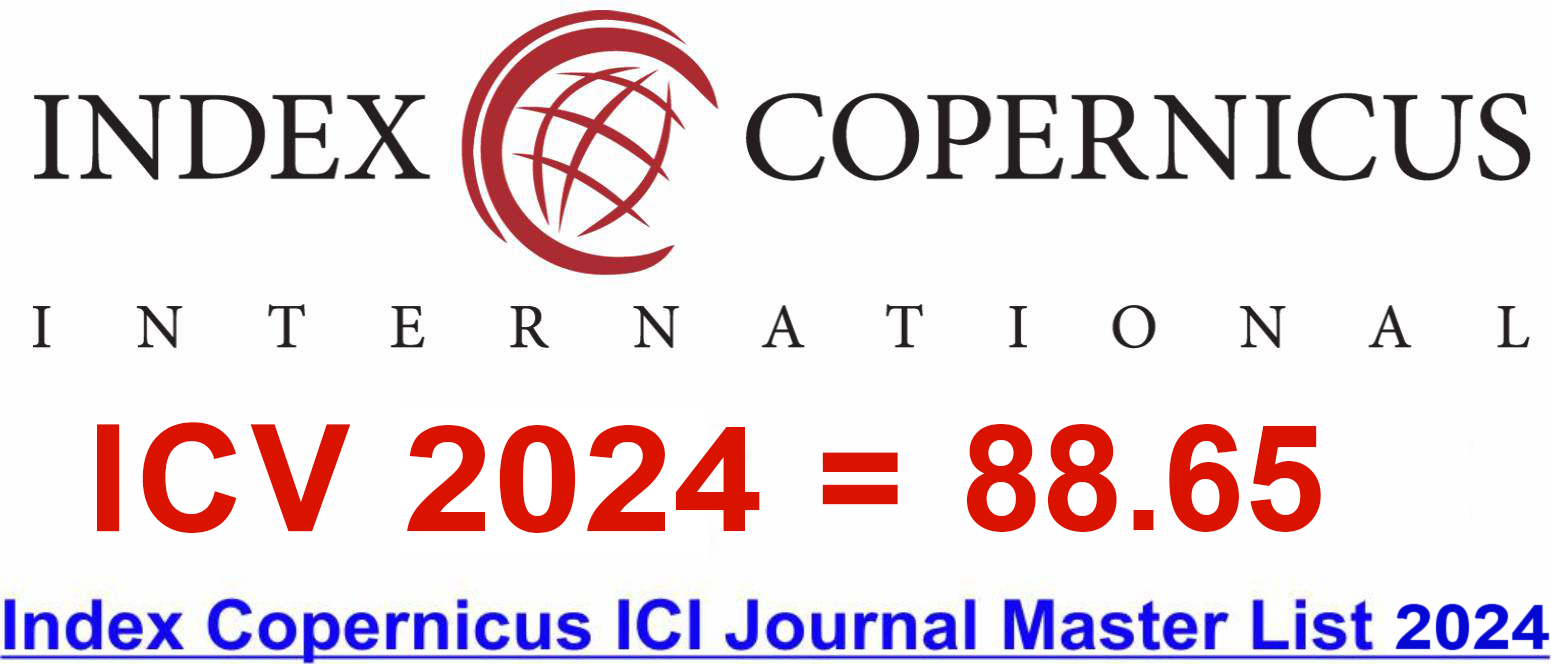Abstract
The housing loan sector in India has witnessed exponential growth, making transparency and informed decision-making critical for sustainable market development. To promote transparency, both the Reserve Bank of India (RBI) and the National Housing Bank (NHB) have mandated that lending institutions adhere to a Fair Practices Code (FPC). However, despite these guidelines, rising consumer complaints indicate a gap between regulatory expectations and actual practices. This study aims to empirically examine the compliance of FPC norms among Banks and Housing Finance Companies (HFCs), as perceived by lending officials and borrowers. Primary data were collected from 294 borrowers and 102 lending branches using structured questionnaires. The findings reveal significant discrepancies not only between banks and HFCs in their compliance levels but also between the perceptions of borrowers and lenders. The results underscore the existence of information asymmetry, contributing to borrower dissatisfaction and potential market inefficiency. Recommendations are offered for improving FPC implementation and harmonizing borrower-lender expectations to ensure a more transparent and fair lending environment.
References
- Springler E, Wagner K. Determinants of Homeownership rates: Housing Finance and the role of the State. In Housing market challenges in Europe and the United States 2009 Nov 18 (pp. 60-84). London: Palgrave Macmillan UK. https://doi.org/10.1057/9780230246980_4
- Kurlat P, Stroebel J. Testing for information asymmetries in real estate markets. The Review of Financial Studies. 2015 Aug 1;28(8):2429-61. https://doi.org/10.1093/rfs/hhv028
- Moss V, Dincer H, Hacıoğlu U. The nature of the creditor-debtor relationship in South Africa. International Journal of Research in Business and Social Science (IJRBS). 2013;2(2):1-9. http://dx.doi.org/10.20525/ijrbs.v2i2.67
- Green RK. Introduction to mortgages and mortgage backed securities. Academic Press; 2013 Nov 21.
- Kulshrestha S. The role of financial technology in enhancing financial literacy and inclusion among low-income households in India. International Journal of Research in Marketing Management and Sales. 2023;5(1):25-30. https://doi.org/10.33545/26633329.2023.v5.i1a.118
- Saxena M, Sojatia A. Navigating the Digital Shift: Adoption of Smart Homes and Prop-Tech-Enabled Purchasing Journeys in the Indian Real Estate Market. International Journal of Innovations in Science, Engineering and Management. 2025 May 14:161-9. https://doi.org/10.69968/ijisem.2025v4i2161-169
- Jingwen W, Lijuan C, Yuai L. Enhancing Approaches for Thriving in the Digital Economy. International Journal of Advances in Business and Management Research (IJABMR). 2024 Mar 12;1(3):45-52. https://doi.org/10.62674/ijabmr.2024.v1i03.005
- Aldboush HH, Ferdous M. Building trust in fintech: an analysis of ethical and privacy considerations in the intersection of big data, AI, and customer trust. International Journal of Financial Studies. 2023 Jul 10;11(3):90. https://doi.org/10.3390/ijfs11030090
- Ashritha P, Reddy PS. Impact of artificial intelligence on management decision-making. International Journal of Advances in Business and Management Research (IJABMR). 2023 Dec 12;1(2):10-8. https://doi.org/10.62674/ijabmr.2024.v1i02.002
- Al Maruf A, Kowsar MM, Mohiuddin M, Mohna HA. BEHAVIORAL FACTORS IN LOAN DEFAULT PREDICTION A LITERATURE REVIEW ON PSYCHOLOGICAL AND SOCIOECONOMIC RISK INDICATORS. American Journal of Advanced Technology and Engineering Solutions. 2024 May 2;4(01):43-70. https://doi.org/10.63125/0jwtbn29















